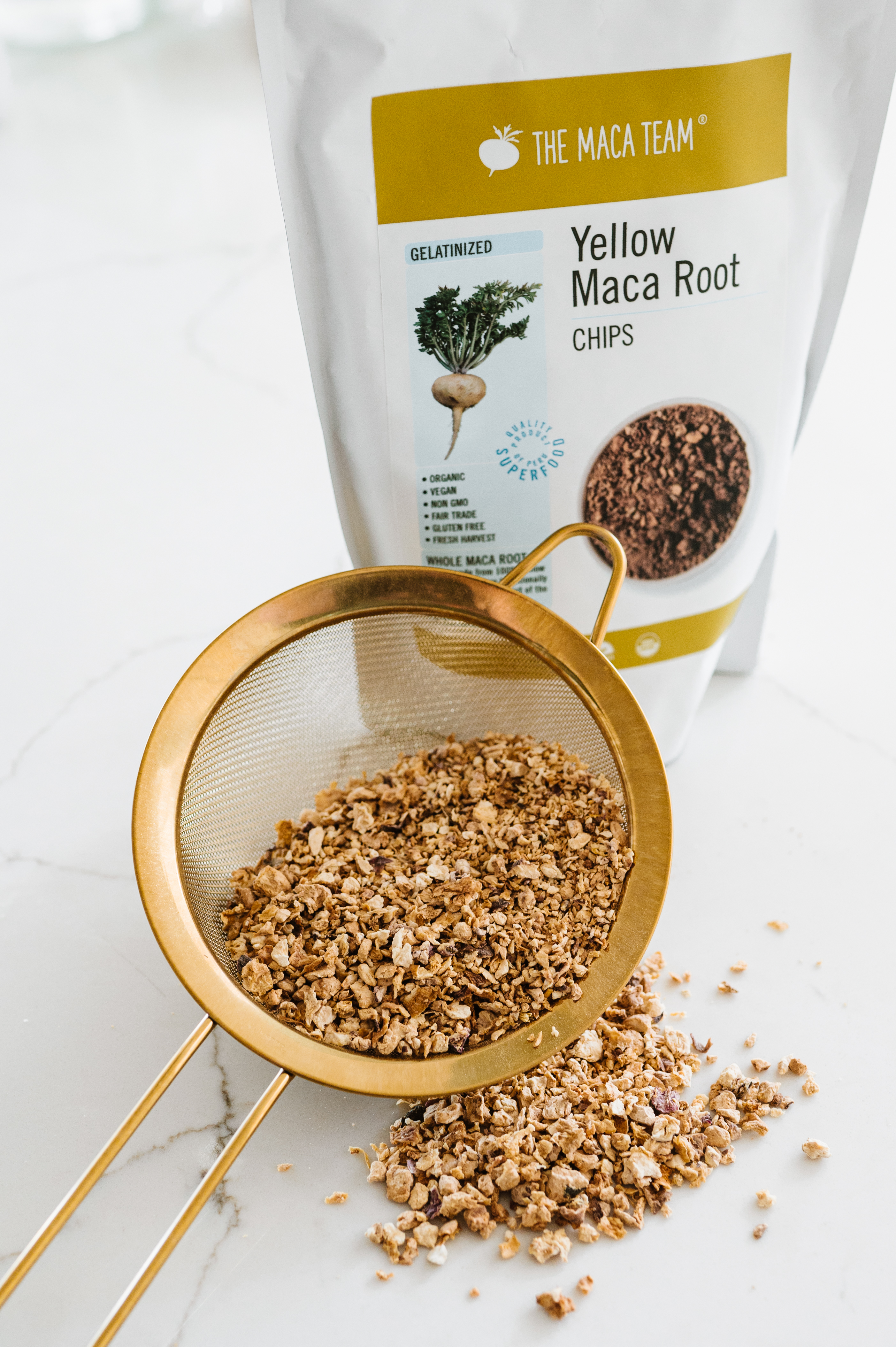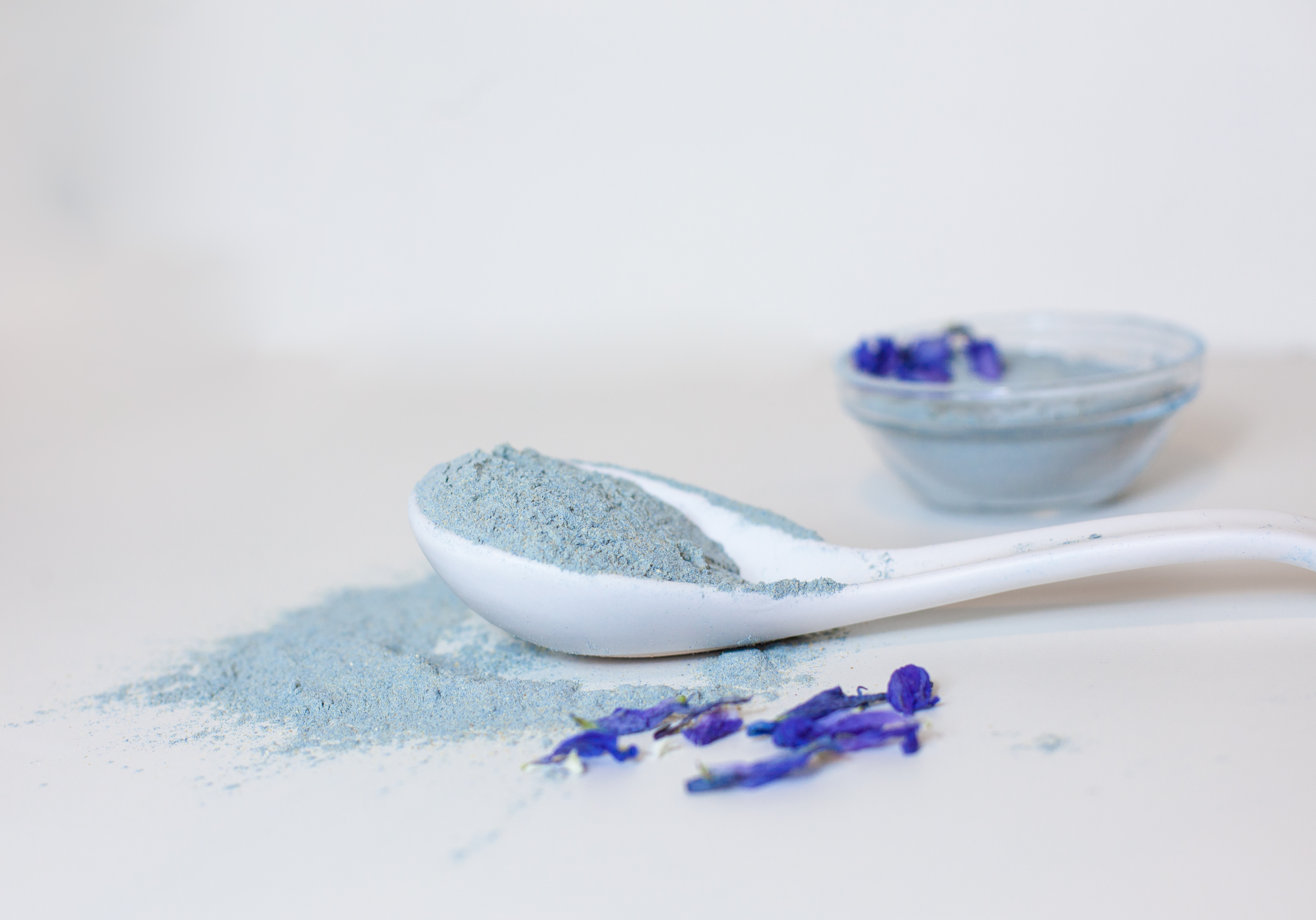Maca vs. Other Superfoods: What Makes It Unique
Posted by The Maca Team on 8th Apr 2025
Superfoods have taken the health and wellness world by storm, with countless options promising increased energy, improved focus, and overall well-being. Among these powerful natural supplements, maca root has gained a strong reputation. But how does maca compare to other well-known superfoods like ashwagandha, ginseng, and spirulina? While each of these has its own benefits, maca stands out due to its unique nutritional profile, adaptogenic properties, and historical use. Let’s explore what makes maca special and how it stacks up against other popular superfoods.
Maca: The Powerhouse of the Andes

Maca (Lepidium meyenii) is a root vegetable native to the high-altitude regions of the Peruvian Andes. Traditionally used for its energy-boosting and hormone-balancing properties, maca has been a staple in indigenous diets for centuries. It is particularly valued for its ability to support endocrine function, making it beneficial for those experiencing hormonal fluctuations, including menopause and fertility challenges. Additionally, maca is known for providing a natural boost in energy and stamina without the jitters or crashes associated with caffeine. Many people turn to maca to enhance reproductive health, cognitive function, and overall mood stability.
What truly sets maca apart is its impressive nutrient density. It is packed with essential vitamins such as B, C, and E, along with minerals like iron, calcium, and potassium. Additionally, it contains amino acids and antioxidants, making it a well-rounded superfood that contributes to long-term vitality. It’s this wealth of benefits and nutrients that makes maca stand out in comparison to other superfoods today.
Maca vs. Ashwagandha
Ashwagandha (Withania somnifera) is another powerful adaptogen known for its ability to combat stress and improve overall resilience. It has been widely used in Ayurvedic medicine for centuries. Both maca and ashwagandha help the body adapt to stress and promote hormonal balance. They also support reproductive health, making them useful for individuals experiencing fertility issues or hormonal imbalances.
However, their effects on energy levels differ significantly. While maca is known for boosting energy and stamina, ashwagandha is more recognized for its calming and anxiety-reducing effects. Many people use ashwagandha to lower cortisol levels and promote relaxation, whereas maca is often favored for enhancing mental clarity and focus. Furthermore, maca contains a broader range of vitamins and minerals, making it more nutritionally comprehensive than ashwagandha.
Maca vs. Ginseng
Ginseng, particularly Panax ginseng (Asian ginseng) and Panax quinquefolius (American ginseng), is another well-known adaptogen with powerful effects on energy, immunity, and cognitive function. Both maca and ginseng are used to boost endurance and mental performance while helping the body adapt to stress.
The key difference lies in how they provide energy. Maca delivers a sustained and balanced boost, while ginseng is often associated with quick stimulation, similar to caffeine. While both superfoods can enhance cognitive function, ginseng is commonly used for immune support and metabolic enhancement, whereas maca is more effective for balancing hormones and supporting reproductive health. Additionally, maca’s naturally milder, earthy flavor makes it more versatile in smoothies and foods, while ginseng’s bitter taste is typically consumed in tea or capsules.
Maca vs. Spirulina

Spirulina is a blue-green algae packed with protein, antioxidants, and essential fatty acids. It is often used for its detoxifying and immune-supporting properties. Both maca and spirulina offer a range of essential nutrients and support energy levels, but their benefits differ significantly.
Maca is a root vegetable with hormone-balancing and adaptogenic properties, whereas spirulina is an algae primarily valued for its high protein content and detoxifying effects. Spirulina is a complete protein, containing all essential amino acids, making it an excellent option for those on plant-based diets. However, while spirulina is a great immune booster, it lacks the hormone-regulating benefits of maca. Additionally, maca provides a wider array of vitamins and minerals that contribute to overall vitality beyond just protein intake.
To get the best of both worlds, check out Maca Blue, our maca and spirulina blend!
Why Choose Maca?
While ashwagandha, ginseng, and spirulina each offer unique health benefits, maca stands out due to its versatility and wide-ranging effects. Unlike many superfoods that focus on one or two primary benefits, maca provides a holistic approach to well-being. It supports sustained energy without overstimulation, enhances mental clarity, and plays a crucial role in hormone regulation and reproductive health.
Maca’s impressive nutritional content makes it an excellent addition to any diet. Whether you’re looking to improve endurance, manage stress, or balance hormones, maca offers a natural and effective solution. When incorporating maca into your routine, it’s essential to choose high-quality, organic, and ethically sourced products like those available from The Maca Team to ensure maximum potency and purity.
Buying From TheMacaTeam.com
At TheMacaTeam.com, we pride ourselves on providing premium maca sourced directly from the Peruvian Andes. Our commitment to sustainability and traditional cultivation methods ensures that you receive the highest quality maca available. If you have any questions for us, please don’t hesitate to Contact Us using our web form, or call us toll-free at 888-919-8616.
Enjoy the Day!

